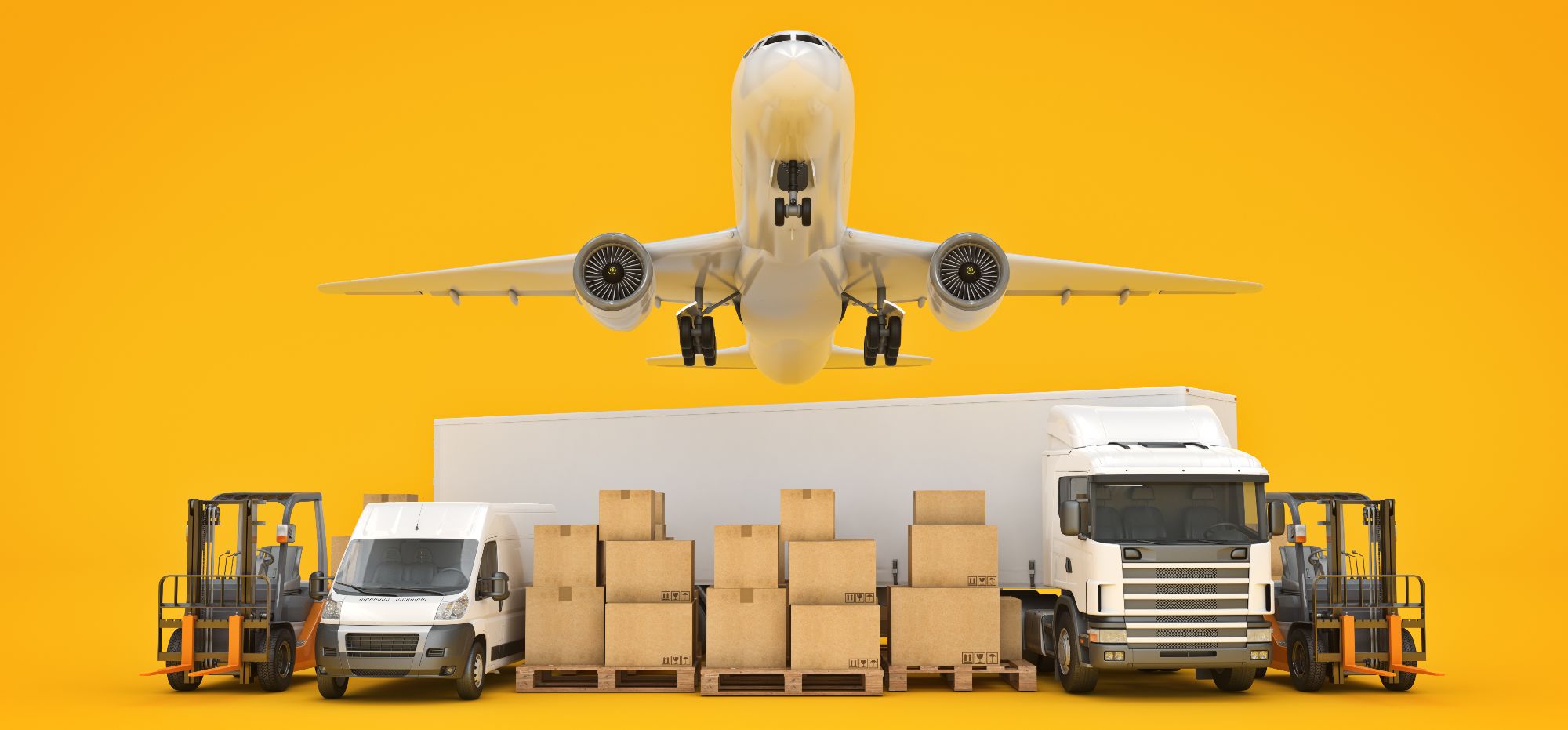
Efficient Domestic Air Freight Services Across Australia
Experience seamless domestic air freight solutions tailored for your cargo needs across Australia. Our reliable services ensure timely deliveries and peace of mind for businesses of all sizes.
Innovations Shaping the Future of Domestic Air Freight
The future of domestic air freight is defined by innovation, as industry players seek to leverage technology, sustainability, and operational efficiency to meet evolving customer demands and market dynamics. In this article, we explore the latest trends and developments shaping the future of air cargo transportation in Australia and beyond.One of the most significant innovations driving the transformation of domestic air freight is the adoption of unmanned aerial vehicles (UAVs), commonly known as drones, for last-mile delivery. Drones offer a cost-effective and environmentally friendly solution for transporting small parcels and urgent deliveries to remote or inaccessible locations, complementing traditional air freight services and expanding the reach of logistics networks.
Blockchain technology is another innovation poised to revolutionize the air freight industry by enhancing transparency, traceability, and security in supply chain management. By digitizing records and transactions, blockchain enables real-time tracking of shipments, immutable documentation of ownership and provenance, and seamless collaboration among stakeholders. This increased visibility and efficiency can reduce administrative costs, mitigate risks, and streamline the flow of goods through the air cargo supply chain.
Sustainable aviation fuels represent a promising avenue for reducing the environmental footprint of domestic air freight operations. Made from renewable sources such as biofuels and synthetic fuels, sustainable aviation fuels offer a lower carbon footprint compared to traditional jet fuels, helping airlines and logistics providers meet emissions reduction targets and comply with regulatory mandates. As the demand for sustainable transportation solutions continues to grow, the adoption of alternative fuels is expected to play a significant role in shaping the future of air cargo transportation.
Digitalization and automation are driving efficiencies across all aspects of air freight operations, from booking and scheduling to cargo handling and tracking. Advanced analytics, artificial intelligence, and machine learning algorithms enable predictive maintenance, route optimization, and dynamic pricing strategies, allowing airlines and logistics providers to maximize productivity, minimize costs, and deliver superior service to customers.
As the pace of innovation accelerates and new technologies emerge, the future of domestic air freight holds exciting possibilities for businesses, consumers, and society as a whole. By embracing these innovations and adapting to changing market dynamics, industry players can unlock new opportunities for growth, sustainability, and competitiveness in the years to come.
covid19evidence.net.au © Copyright 2024 - All rights reserved.
